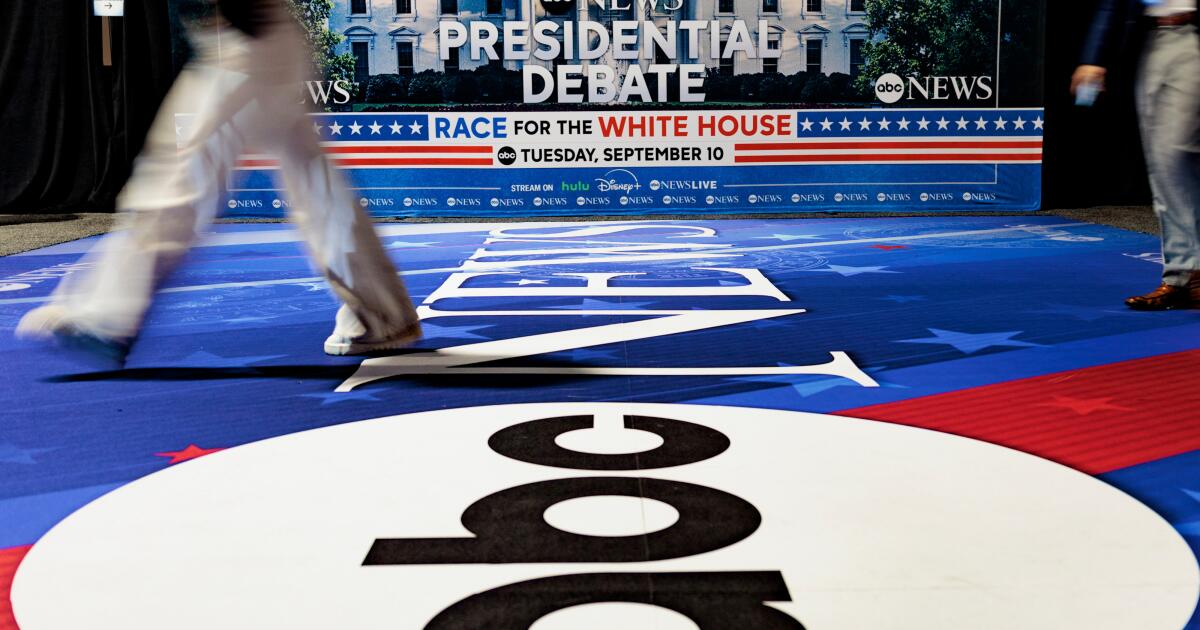UNITED NATIONS (Reuters) – The United States will give an extra $203 million to help millions of civilians affected by the war in Sudan, U.S. Ambassador to the United Nations Linda Thomas-Greenfield said on Thursday, calling on other nations to step up their aid.
The funds, announced in a statement to Reuters on Thursday, aim to help civilians in Sudan and those who have fled to neighboring countries since war erupted in April 2023 between the Sudanese army and the paramilitary Rapid Support Forces (RSF).
There is now a realistic chance of famine in 14 areas across Sudan if the war escalates, a global monitor said last month. The U.N. World Food Programme has called the sharply worsening hunger crisis the worst in the world.
The additional U.S. money takes the total American funding for Sudanese civilians in Sudan, Chad, Egypt and South Sudan to $707 million since October, a U.S. official said. The U.S. is the largest single donor to the aid response.
“The people of Sudan are facing the worst humanitarian crisis in the world. Much more needs to be done to help them,” said Thomas-Greenfield, who visited Chad’s border with Sudan in September to meet with refugees from the war. “We hope this new round of aid serves as a call to action for others.”
The war, triggered by a plan to integrate the army and paramilitary forces in a transition to free elections, has produced waves of ethnically driven violence blamed largely on the RSF. The RSF denies harming civilians and attributes the activity to rogue actors.
The U.N. says nearly 25 million people – half of Sudan’s population – need aid, famine is looming and 10 million people have fled their homes. More than 2.2 million of those people have left for other countries.
The United States says the warring parties have committed war crimes and the RSF and allied militias have also committed crimes against humanity and ethnic cleansing. A Reuters report last month included analysis of satellite imagery that showed cemeteries expanding fast as starvation and disease spread.
“Yes, the Sudanese people need much more humanitarian funding, but the parties on the ground must also facilitate humanitarian access,” said Thomas-Greenfield, adding the U.S. was prepared to push for more U.N. Security Council action to “ensure aid is able to reach those most in need if necessary.”
In March the 15-member council adopted a resolution calling for an immediate cessation of hostilities, the removal of aid obstructions and the protection of civilians. Then in June, a second resolution focused on demanding a halt to a siege of a city of 1.8 million people in Sudan’s North Darfur region.
(Reporting by Michelle Nichols; Editing by Don Durfee and Philippa Fletcher)

